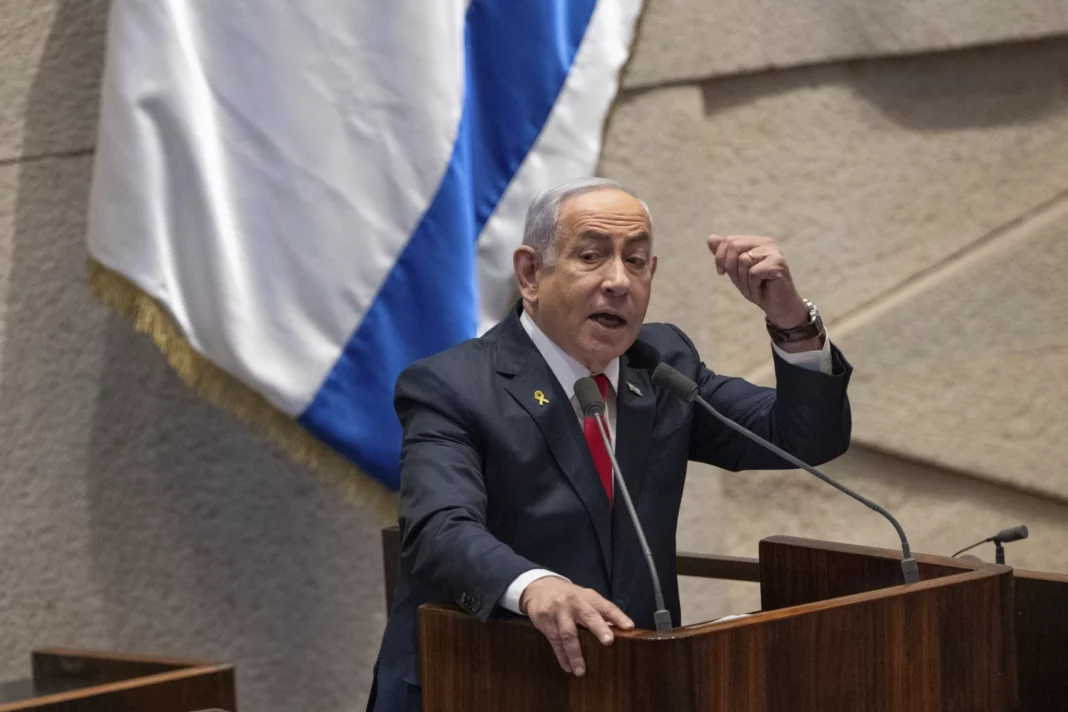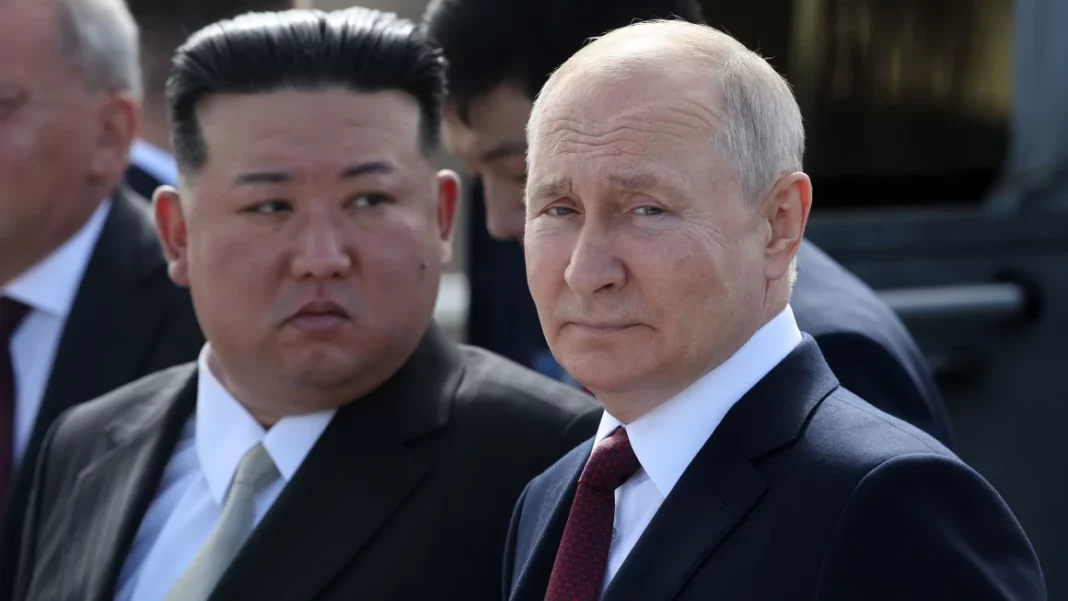The reach and credibility of international law is at its lowest in years as governments dismiss arrest warrants in some of the most high-profile cases to come before the International Criminal Court.
In the past 18 months, the Hague-based court has issued arrest warrants for Russian President Vladimir Putin as well as Israeli Prime Minister Benjamin Netanyahu, his former Defense Minister Yoav Gallant and a senior Hamas official.
Netanyahu is the first Western-allied leader to be accused of war crimes and crimes against humanity by the court. Israel has filed appeals and asked the court to suspend the warrants. Meanwhile, several powerful nations have opted not to enforce the warrants, while others have openly rejected them.
The French response was perhaps the most damaging to the court. Paris had fervently supported the Putin warrant, and reiterated its “longstanding commitment to supporting international justice” after the Netanyahu warrant was issued. But just days later, the French foreign ministry shifted its stance, suggesting that as Israel was not a member of the court, its prime minister could be immune from arrest.
Critics say the responses suggest two sets of rules: one for the West’s traditional allies, and another for its foes.
The founding treaty of the ICC obliges the 124 signatory countries to arrest Netanyahu and Gallant, according to James Joseph, managing editor at Jurist News.
“It seems increasingly less certain states will uphold this obligation,” he told CNN. “States can’t claim success in international criminal justice if they don’t commit to upholding everyone’s rights involved.”
The Netanyahu case was just the latest blow to the court’s authority. In September, Putin traveled to Mongolia without facing any repercussions. Despite being a signatory to the Rome Statute – the treaty that established the court in 2002 – Mongolia extended a red-carpet welcome to the Russian leader.
The trip was Putin’s first to an ICC member state since the court issued an arrest warrant against him in March 2023 for his alleged role in the war crime of unlawfully deportating Ukrainian children.
Lack of consensus
The warrants for Netanyahu and Gallant drew varied reactions from Western states, highlighting a lack of consensus on how to respond to high-profile accusations against allies.
The EU’s then-foreign policy chief Josep Borrell said they are “binding” and should be implemented. Ireland, Canada and the Netherlands agreed. Germany demurred, saying that it shared “unique relations and a great responsibility with Israel,” adding that further steps would be possible only when a visit to Germany by Netanyahu was foreseeable.
Meanwhile, Argentina and Hungary, both members of the court, made it clear Netanyahu was welcome to visit. Hungarian Prime Minister Viktor Orban said the ICC decision was “brazen, cynical and completely unacceptable,” and guaranteed Netanyahu freedom and safety should he visit Hungary.
The US, which never joined the court and has secured agreements with about 100 countries to prevent the arrest of Americans charged by it, condemned the warrants for the Israeli leaders.
The Biden administration’s criticism of the Israel warrants was as emphatic as its support for the Putin warrant. Following the issuance of Putin’s warrant, President Joe Biden said it “makes a very strong point… He’s clearly committed war crimes.”
In France’s updated position, the country’s foreign ministry said in a statement: “France intends to continue working in close cooperation with Prime Minister Netanyahu and the other Israeli authorities to achieve peace and security for all in the Middle East.”
France’s sudden change of direction came after the Israelis made it clear that they would not accept a French role in implementing a ceasefire in Lebanon because of its implied support for the ICC’s arrest warrant.
Human rights groups condemned France’s about-face. Amnesty International said it was “deeply problematic” and ran counter to the government’s obligations as an ICC member.
In shifting its stance, France appears to have taken refuge in Article 98 of the Rome Statute, which holds that a state cannot “act inconsistently with its obligations under international law with respect to the (…) diplomatic immunity of a person.”
Mongolia asserted a similar argument – that as Russia’s head of state, Putin enjoys absolute immunity from ICC proceedings unless Russia waives it.
The court has rejected that claim, saying that another article removes all immunities. A panel of judges reported Mongolia to the ICC’s governing assembly, arguing members of the court “are duty-bound to arrest and surrender individuals subject to ICC warrants, regardless of official position or nationality.” Any other interpretation would “undermine the Rome Statute’s goal of ending impunity for those who threaten global peace and security,” the panel said at the time.
The court’s spokesman, Fadi El Abdallah, said it would not be deterred from pursuing Netanyahu, telling Israel’s Channel 13 that “political considerations and threats will not affect the decision-making, the judges are independent and will only decide according to the evidence and the law.” He also said it was highly unlikely the judges would quash the warrants.
Politics at odds with international obligations
The evidence of the last few months is that political expediency sometimes trumps international obligations. When Mongolia welcomed Putin, the country’s reality of living next door to Russia and China was paramount.
US State Department spokesperson Matthew Miller acknowledged that reality in September. “We understand the position that Mongolia is in, sandwiched between two much larger neighbors, but we do think it’s important that they continue to support the rule of law around the world.”
The US view on the Israel case was rather different, with the National Security Council denouncing “the prosecutor’s rush to seek arrest warrants and the troubling process errors that led to this decision.”
The contradictory responses to ICC warrants this year call into question decades of progress in prosecuting war crimes and crimes against humanity, beginning with the Nuremburg trials in post-war Germany.
The road has often been bumpy. South Africa, an ICC member, ignored a warrant for the arrest of then-Sudanese leader Omar al-Bashir in 2015 when he visited.





